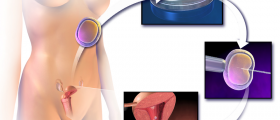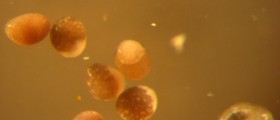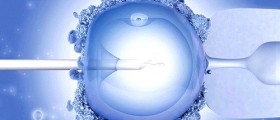
The fresh donor egg group had a live-baby rate of 47 percent, while the frozen egg group had a success rate of 41.5 percent. The study's authors, who published their findings in Fertility and Sterility, point out that the differences could be due just to chance. Well, that's exactly the trouble with such small studies! It is interesting to note that all 77 women involved in the study received eggs from a total of 36 egg donors. All eggs were fertilized through Intracytoplasmic Sperm Injection or ICSI, a specialized procedure where the center of the egg is injected with one sperm.
If the findings are supported by further research, that could be great news for certain groups of women. Those undergoing cancer treatment could freeze their eggs before treatment and still have biological children, as would those who are currently partnerless but would like to save eggs for later on, when their age may mean they can't get pregnant naturally any longer. Modern quick-freeze procedures to preserve eggs are much more effective than the older processes, that is one thing that is clear. There have been around a thousand births with frozen eggs so far, and this practice has not been associated with an increase in birth defects.













_f_280x120.jpg)


Your thoughts on this
Loading...